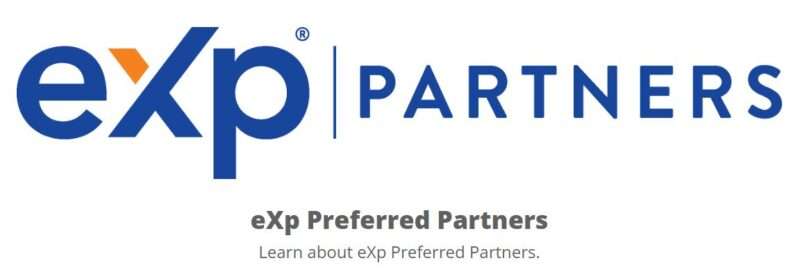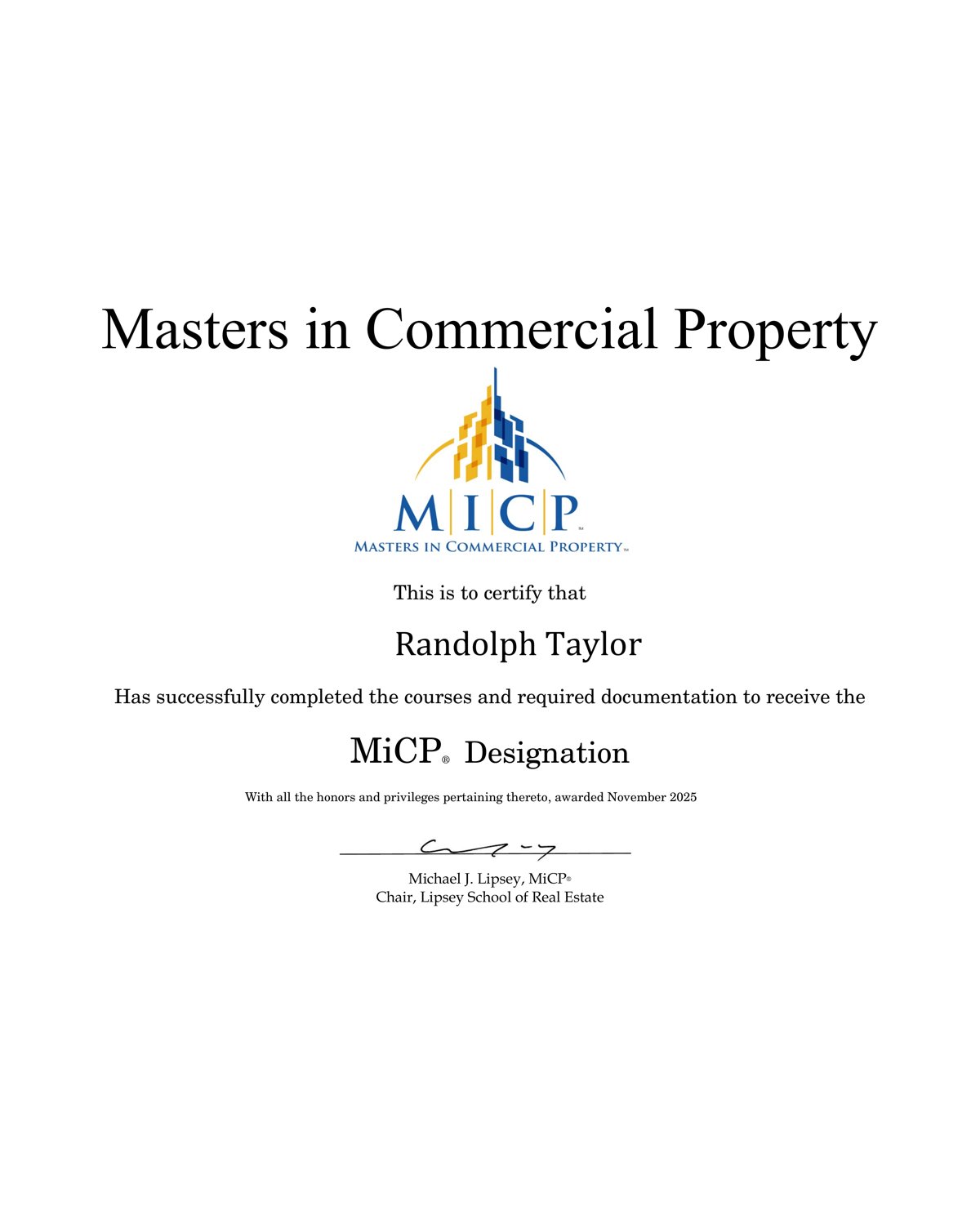When tax season approaches, don't forget to look for money-save tax deductions for landlords. You might be eligible for deducting related expenses if you rent out the property. Landlords can claim tax deductions, including mortgage and interest payments, insurance premiums, maintenance and repairs, administrative costs and supplies, eviction-related fees, depreciation and losses, travel, professional services, and more.
Remember that this material is intended to provide helpful information and is not to be relied upon to make decisions, nor is this material intended to be construed as legal advice. You are encouraged to consult your legal counsel for advice on your business operations and responsibilities under applicable law. Trademarks used in this material are the property of their respective owners, and no affiliation or endorsement is implied.
Any game is challenging to win if you don't know the rules. Being a landlord is no different. Often, juggling tenant needs, paying insurance premiums and mortgages on time, and squaring up at tax season can feel like a chess game where the pieces keep changing.
While the objective is a successful rental business, that's not always possible. Given that
36% of rental companies fail in the first five years, according to AdvisorSmith, it's crucial to do everything you can to maximize profits and come out triumphant.
One way to keep more of what you earn is to minimize expenses. Most landlords already understand the cost-saving importance of knowing
how to set the correct rental rate and reducing the risk of evictions with
thorough renter background checks through a high-quality service like SmartMove.
However, fewer landlords know the range of tax breaks available to property owners and managers—opportunities that could help you save big. With many renters and landlords recovering after a financially tumultuous few years, it's more important than ever to help protect your investment.
Below, you'll find 15 deductions that could help you during tax season. While some of these tax breaks apply to all homeowners, many are unique to rental property. Make sure to check with your tax professional or CPA to determine whether any specific tax deduction applies to you and make the most out of your return.
As you work on this year's tax returns, keep the following deductions in mind:
1. LONG-DISTANCE TRAVEL
If you have to travel long distances to check on your property,
Moolanomy reports, you can deduct the cost of your travel expenses. Examples of deductible expenses include car mileage, airfare, or hotel costs.
2. MORTGAGE INTEREST
You probably have a mortgage if you didn't purchase your rental property outright. If you do, you're paying interest to a bank.
SmartAsset says landlords can deduct their mortgage interest as a rental expense.
This well-known rental property tax deduction applies to all homeowners. Still, landlords need to use it because it's usually the most significant deduction you can claim.
3. PERSONAL PROPERTY TAXES
Your local government may require you to pay personal property taxes on equipment and furniture used for business purposes based on the property's value. Most landlords know they can depreciate their private property, but did you know that you can decline personal items used in and for your rental business ?fastfaster
Management explains that with the Modified Accelerated Cost Recovery System, you may save more money by fully depreciating personal property inside the rental unit over a shorter period. For example, appliances, carpeting, and furniture can be depreciated over five years. Other items, like fences and driveways, can be depreciated at a 15-year rate. You can check which asset class your property falls into on the
IRS website.
4. REPAIRS
The IRS splits repairs into two types:
- Improvements to the property (which increase the value) or
- Returning things to their original condition (maintenance)
More oversized
Pockets notes that while improvements must be capitalized and deductions taken as depreciation over time, repairs and maintenance costs can be expensed in a year.
Nolo.com offers the helpful BAR acronym to help you decide if your repairs are maintaining the property or could be considered improvements:
- Betterment. Does the change fix a defect in the property that existed before you bought it? Does it physically enlarge or enhance the property in any way?
- Adaptation. Will you use the property in a new or different way than you originally intended when you purchased the property?
- Does the change rebuild the property to a like-new condition? Have you already taken a loss for the damage?
If you can answer yes to the above questions or your repair falls into any of these categories, it would likely be considered an improvement by the IRS, which needs to be depreciated.
5. LOCAL TRAVEL
Many landlords like to check in on their tenants and property routinely. You might also need to handle maintenance, repairs, or improvements on-site. If you use your vehicle to make the trip, you can deduct the cost of travel using one of two different methods:
- Actual expenses or
- IRS standard mileage rate.
FindLaw.com says there’s been a caveat you're using the IRS standard method. To qualify, a landlord must use this method during the first year the vehicle was used in rental business activity. The actual expense method allows you to deduct the actual vehicle expenses and depreciation.
According to the IRS, the local travel deduction can include gas, oil, lease payments, licenses and fees, repairs, tolls, and parking. Calculate your deduction both ways to see which method benefits you most.
6. LEGAL FEES FOR AN EVICTION
Often landlord's worst nightmare, eviction proceedings, are highly stressful and can bankrupt small rental businesses. If the worst happens, anyou'rere forced to evict or take legal action against a tenant; Sapling says you can deduct court fees and attorney costs.
However, even if some of those expenses can be deducted, such a financial hit could decimate your profits. A SmartMove estimated that total eviction-related expenditures
averaged $3,500. How would your business fair with such hefty fees
In addition to monetary cost, there is the intense worry of an ongoing legal battle and the pressure of not knowing what could come next. It’s good to save money by claiming landlord tax deductionsit's’s better to prevent evictions in the first place by thoroughly and consistently screening your tenants beforthey'rere allowed to move in.
Bolster your
tenant screening process with detailed, n
ear-instant background checks that include criminal checks, renter credit reports, and eviction history with SmartMove. An in-depth look at a rental applicant’s background and track record can help you make more informed, timely screening decisions.
7. HOME OFFICE
Using a dedicated space in your home to conduct rental business is a deductible expense–even if it’s not a whole room.
HomeGuides points out that a deductible space must be a d exclusively for rental activity ad used primary meeting place for clients and customers.
Then Balance also reminds you that any equipment must be used
exclusively for business. For instance, your work computshouldn'tn’t be used to play games or for other personal reasons.
TheYoun calculates the business portion of your house as an expense in several ways to find the most significant deduction. According to the Balance, you can:
- Calculate yospace'se’s square footage divided by the square footage of your entire house. All the rooms in your home are roughly the same size; divide the number of rooms your business space encompassed by the total number of rooms in the house.
- Use a prescribed rate multiplied by the allowable square footage used in the home. For 2022, the prescribed rate is $5 per square foot with a maximum of 300 square feet, according to the IRS.
Note that you can deduct a portion of your home repairs if they partially affect your office and the total price of the repair if it only affects your office. However, you cannot use these deductions if you have an outside office or rent the space to your employer.
8. WAGES FOR EMPLOYEES AND INDEPENDENT CONTRACTORS
If you hire a property manager or grounds maintenance worker, you can deduct their wages as a rental business expense. This also holds for independent contractors like carpenters or electricians.
According to
Nolo, one of the benefits of hiring independent contractors is that ydon'tn’t have to withhold federal taxes out of their paycheck or pay one-half of tworker'sr’s Social Security and Medicare taxes. However, you do need to file
IRS Form 1099-MISC if you spend over $600 during the year.
Adon'tn’t forget employee meals and entertainment expenses.
Turbo Tax reminds landlords that events like holiday parties or summer outings for your staff are 100% deductible. If you incur a cost while doing business with a potential client or business associate, you can deduct 50% of the total.
9. CASUALTY LOSSES
If anything happens to your property due to an unexpected event like a natural disaster or fire, you can claim a total or partial property loss on your tax return. However, as Nolo points out, you can only
claim losses to the extent that tharen'tn’t covered by insurance.
If you have insurance, you must reduce the amount of your claimed casualty loss by any insurance recovery you receive (or expect to receive if you haven’t been paid yet). Losses that are fully covered by insurance are not deductible.
10. DEPRECIATION
Depreciation is a deduction for property and items you have owned for over one year. The cost of qualifying items is deducted in small amounts over several years. For example, rental buildings are depreciated over 27.5 years. This means that you can remove about 1/27 of your rental property annually.
SF Gate points out that depth IRS requires depreciation depreciation cladon'ton’t just to save you money and keep you out of legal hot water. Also, if you sell the property for more than the depreciated value, the IRS may charge you a 25% recapture tax, whether or not you claimed depreciation. It makes more sense to claim the depreciation than to eventually pay taxes on a benefit you never received.
11. INSURANCE
According to Steadily, the
premiums you pay for almost any insurance on your rental are deductible. This includes fire, theft, and flood insurance for your rental property, plus landlord liability insurance. If you have employees, you can also deduct the cost of their health workers' compensation insurance.
12. CAPITAL EXPENSES
Nolo offers helpful information for understanding how landlords can deduct long-term assets; here are the basics. Regarding tax rules, two types of expenses incurred in a rental property business: current and capital.
- Capital expenses are defined as purchases expected to last more than one year and generate revenue in the future. This might include equipment, land, or vehicles; remember; these are not the only capital expenses. The IRS treats such purchases as investments and must be deducted (or capitalized) over several years.
- Current expenses are the day-to-day operational expenses that keep your business running, such as rent and utilities. You can deduct 100% of current expenses from your gross rental income in the year they are incurred.
13. PROFESSIONAL SERVICES
In addition to the legal services mentioned above, other professional assistance can also be deducted. Consulting a tax professional is not only advisable but also a deductible expense. According to Hanson, CPAs, attorneys, and accountants
can be deducted from your taxes as long as the reason you are hiring them is related to your rental business.
Since IRS regulations are regularly updated or changed, hiring an accountant to file your taxes can keep you from overlooking any deductions. If you do ide to handle your taxes yourself, the same conclusion applies if you use tax preparation software.
14. OPERATING EXPENSES
Many items you purchase for your rental property throughout the year can be classified as operating expenses and deducted in the year you purchase them. The
IRS website defines these expenses" as “the ordinary and necessary expenses for managing, conserving, and maintaining your rental pro" party.” Reasonable expenses that are generally accepted as necessary for a rental business might include the following:
- Advertising
- Maintenance
- Utilities
- Insurance
15. MAINTENANCE
You might be tempted to put maintenance in the repairs category, but the ongoing upkeep of your propdoesn'tesn’t necessitate something being broken. For example, landscaping and pool cleaning is done regularly, even with no significant issues.
You can also deduct any tools needed for cleaning or upkeep, such as lawnmowers, weed eaters, or paint sprayers. In some cases, it may be necessary to depreciate these tools, so check with a tax professional if you have any doubts. The same holds for cleaning supplies and janitorial items. According to
HOA Sites, you can even deduct Homeowner Association fees as a rental expense.
Help Lower Costs with Strategic Deductions and SmartMove Tenant Background Checks
As a landlord, the complex rental property tax deduction rules can often work in your favor. However, all your strategic hard work at tax time is meaningless if you sacrifice your profits to debilitating eviction proceedings. Help even the odds with in-depth tenant screening through SmartMove.
Created for independent landlords with only occasional screening, neSmartMove'sove’s thorough tenant background checks can help you save money by helping you make more confident leasing decisions––and the fee you pay for screening is often tax deductible. Alternatively, you can choose your rental applicant pay and not worry about deducting it while working with finances; details always matter. One of the most critical and essential screening tasks a landlord should complete is ensuring applicants make enough income to afford the rent. The industry standard for applicant income is three times gross monthly income compared to rent. Example: If the rent costs $1,000 monthly, the applicant should make $3,000.
SmartMove can help you ensure that your application makes enough to satisfy your rental criteria for income. An
Income Insights report allows you to analyze applicant income in minutes. It compares your reapplicant'sant’s self-reported income to actual financial data provided by TransUnion—a central credit agency—and recommends when you should request more income verification documentation. Ultimately, Income Insights helps landlords save time and effort and lower the risk of renter non-payment issues.
Regarding your livelihood, you need to research and use information that can help you make informed choices. With every SmartMove screening package, you get a proprietary renter credit score, ResidentScore. Unlike other scoring modTransUnion'sion's ResidentScore is powered by a sophisticated analysis of more than 500,000 actual resident records, it’s proven to be 15% better than traditional credit scores to predict eviction risk. This apparent advantage gives you a leg up when evaluating applicants.
In the game of rental property management, do's and don't, don’t let yourself get blocked into a corner. Increase your chance of success with thorough tenant screening through SmartMove.
This content, except as otherwise indicated or stated on this site, is the property of TransUnion Rental Screening Solutions, Inc. This content is for educational purposes and convenience only. Trademarks used are the property of their respective owners, and no endorsement or affiliation is implied. The information presented in this content" is “s is” without warranties of any kind, specifically is not represented to be complete, does not constitute legal advice, and is subject to change without notice. You are encouraged to check these terms occasionally for changes, and by accessing this site, you agree to these terms and all times listed. Laws and regulations may vary by state and locality. Consult your counsel if you have legal questions about your rental property practices and processes.









